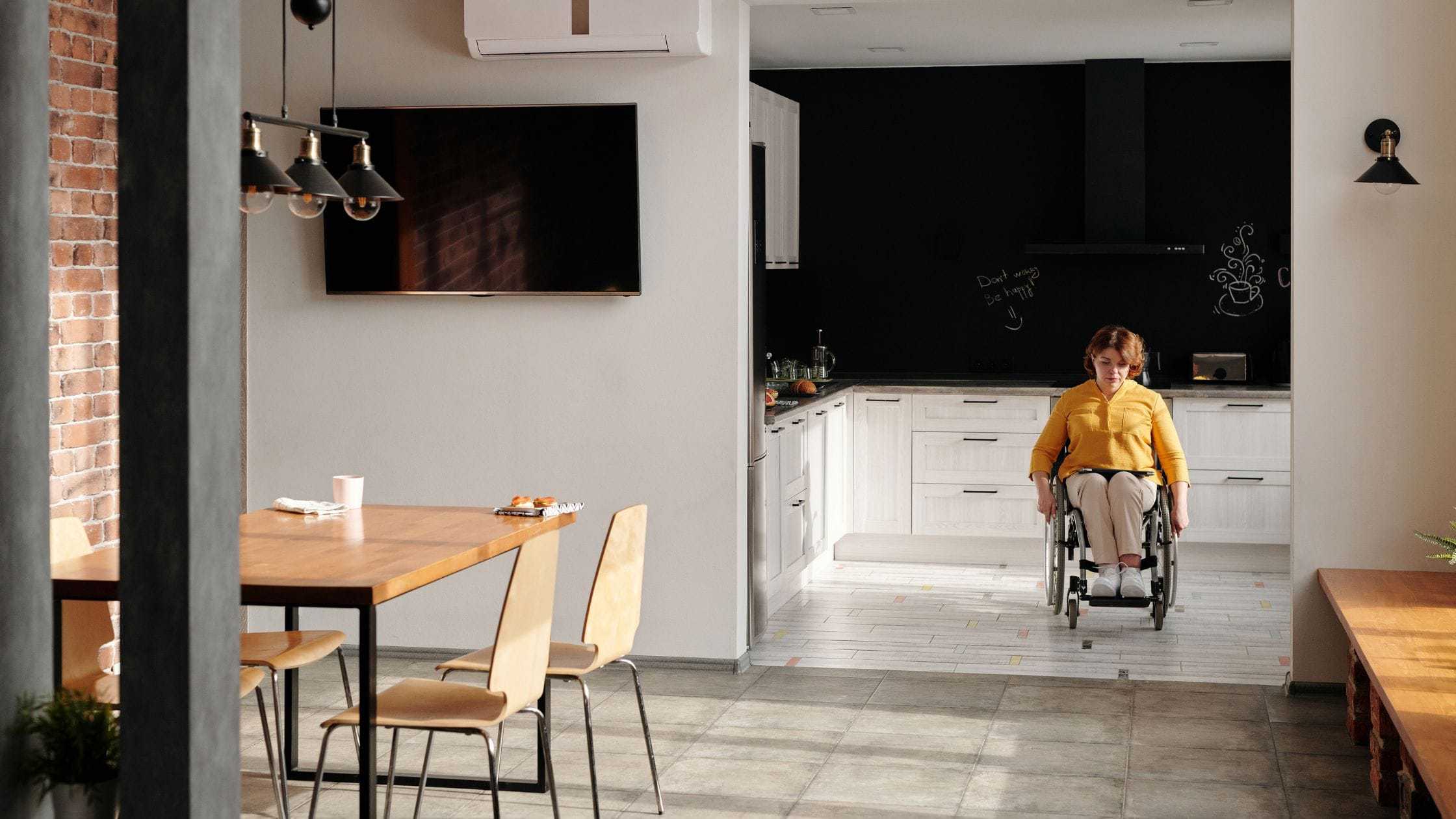One of the key aspects of the NDIS is the provision of housing and accommodation options for eligible participants who have high or complex needs and require specialised living arrangements.
In this blog post, we will explain the different types of NDIS housing and accommodation, how they work, and how to access them. We will also provide some tips and resources to help you find the best housing solution for your needs and preferences.
What are the types of NDIS housing and accommodation?
There are two main types of NDIS housing and accommodation: Specialist Disability Accommodation (SDA) and Supported Independent Living (SIL). Both of these options are designed to help participants live more independently and comfortably in their own homes or in shared settings with other people with disabilities.
Specialist Disability Accommodation (SDA)
SDA is a type of housing that is specially designed or modified to suit the needs of people with extreme functional impairments or very high support needs. SDA can include features such as ramps, hoists, wider doorways, accessible bathrooms, and emergency systems. SDA can also be tailored to specific disability types, such as sensory, intellectual, or physical impairments.
SDA is not a common option, as only about 6% of NDIS participants are eligible for it. To qualify for SDA, you must demonstrate that you have an extreme or exceptional need for specialist housing and that you cannot live in other types of accommodation. You must also have a long-term or permanent disability that affects your ability to perform daily activities.
SDA funding covers the cost of the building or dwelling where you live, not the support services or personal expenses that you may need. SDA funding is paid directly to the SDA provider, who is responsible for maintaining and managing the property. You will still need to pay rent or other fees to live in SDA, which are usually capped at 25% of your Disability Support Pension plus any Commonwealth Rent Assistance.
Supported Independent Living (SIL)
SIL is a type of support service that helps you live independently in your own home or in a shared setting with other people with disabilities. SIL can include assistance with daily tasks, such as personal care, cooking, cleaning, shopping, and managing finances. SIL can also include support with social and community activities, such as attending appointments, events, or hobbies.
SIL is a more common option, as many NDIS participants can benefit from it. To qualify for SIL, you must demonstrate that you need regular or frequent support to live independently and that you cannot access this support from other sources, such as family, friends, or mainstream services. You must also have a goal or plan to improve your skills and capacity to live independently.
SIL funding covers the cost of the support services that you receive in your home or shared setting, not the cost of the accommodation itself. SIL funding is paid directly to the SIL provider, who is responsible for delivering and coordinating the support services. You will still need to pay rent or other fees to live in your home or shared setting, which may vary depending on the type and location of the property.
If you are approved for SIL, you can choose from different types of SIL arrangements, such as living in your own home, renting a property, or living in a group home. You can also choose to live alone or with other people with disabilities, depending on your preferences and availability. You can use the SIL Provider Finder tool to search for SIL providers in your area and contact them directly.
How to access NDIS housing and accommodation?
To access NDIS housing and accommodation, you need to follow these steps:
- Check your eligibility for the NDIS: You can use the NDIS Access Checklist to see if you meet the criteria for age, residency, and disability.
- Apply for the NDIS: You can contact the NDIS on 1800 800 110 or visit an NDIS office to request an access request form. You will need to provide evidence of your disability and its impact on your daily life.
- Plan your NDIS goals and supports: You will have a planning meeting with an NDIS representative, such as a planner, a local area coordinator, or a support coordinator. You will discuss your current situation, your goals, and the support that you need to achieve them. You will also discuss your housing and accommodation needs and preferences and whether you are eligible for SDA or SIL funding.
- Receive your NDIS plan and funding: You will receive a written document that outlines your NDIS goals and the funding that you are allocated for different types of support, including housing and accommodation. You will also receive information on how to manage your plan and funding and how to review and change your plan if needed.
- Find and access your NDIS housing and accommodation: You will need to find and contact suitable SDA or SIL providers who can offer you the housing and accommodation options that you want. You will need to sign agreements with the providers and follow their rules and procedures. You will also need to pay rent or other fees to live in your housing and accommodation.
Conclusion
Securing NDIS housing and accommodation is integral for enhancing independence and comfort within your residence or in shared settings among individuals with disabilities.
For support regarding SDA or SIL, connect with the OSAN Ability team by dialling 1300 799 941. As registered NDIS providers in Sydney, we offer diverse accommodation and disability housing options to cater to your needs.










